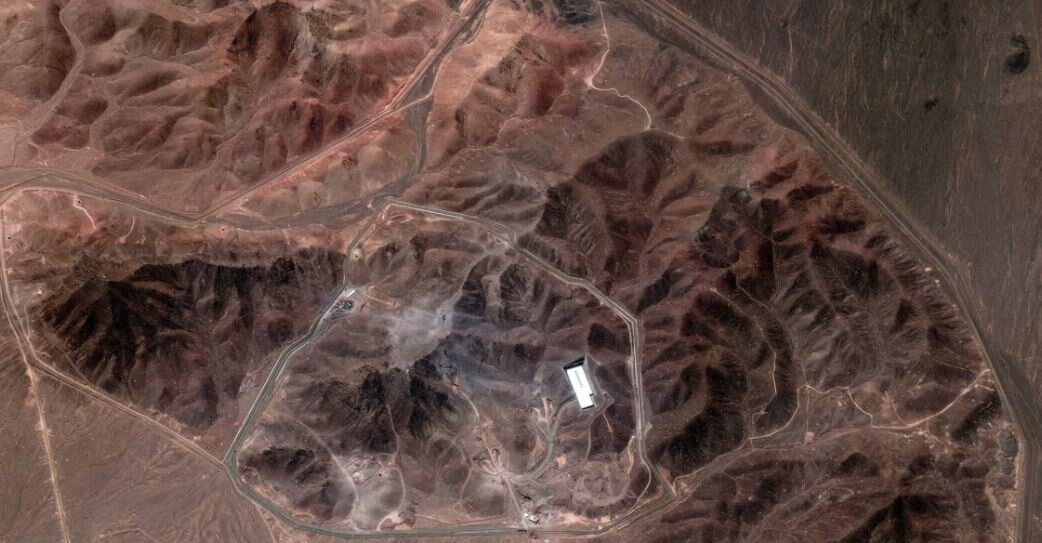Fordow nuclear site ‘seriously damaged’, declares Araghchi

TEHRAN – Iran’s Foreign Minister Seyyed Abbas Araghchi has stated that the recent U.S. airstrikes on the Fordow nuclear site have caused severe damage to the facility, though the full extent remains unclear.
"No one exactly knows what has transpired in Fordow. That being said, what we know so far is that the facilities have been seriously and heavily damaged," Araqchi told CBS News in an interview aired Tuesday. He added that Iran’s Atomic Energy Organization (AEOI) is assessing the damage, and a report will be submitted to the government.
U.S. President Donald Trump joined an Israeli war against Iran on June 24, dropping bunker buster bombs on the Fordow facility and firing cruise missiles at two other Iranian nuclear sites in Esfahan and Natanz. The attacks, deemed illegal under international law, landed Trump airstrikes on the most important American base in West Asia, the Al Udeid Air Base in Qatar, which Iran targeted with missiles less than 48 hours after the US offensive on its soil.
Trump has since been in full swing to prove to Democratic and some Republican Congress members that his attacks "obliterated" Iran's nuclear sites, particularly Fordow.
When asked if Iran could resume uranium enrichment within months, Araqchi emphasized that while infrastructure may be damaged, the knowledge and technology remain intact. "If there is this will on our part, and the will exists there, in order to once again make progress in this industry, we will be able to expeditiously repair the damages and make up for the lost time," he said. "No one at the moment says that the facilities have remained intact; it is the technology and know-how that is still there."
Araghchi also pointed out that Iran’s nuclear program has always been peaceful, calling it a source of "national pride and glory." He reiterated Iran’s commitment to convincing the international community of its peaceful intentions, despite recent hostilities.
"We’ll definitely continue to convince the international community and the countries concerned that our nuclear program will remain absolutely peaceful," he said, referencing Iran’s sacrifices, including enduring the 12-day war against Israel.
He also cited a religious decree (fatwa) by Leader of the Islamic Revolution, Ayatollah Seyyed Ali Khamenei, which bans nuclear weapons on religious grounds, as further proof of Iran’s peaceful stance.
The U.S. and Israel began their aggression against Iran based on claims that the country was moving towards the development of nuclear weapons. However, Western intelligence agencies had previously concluded that Iran lacked such intentions, a view also supported by IAEA reports that found no evidence of nuclear weaponization.
